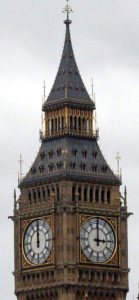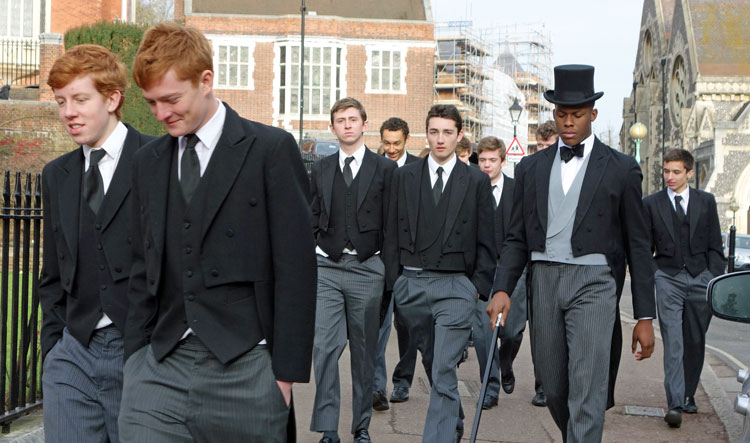
Vote for my party and, if elected, we will put 10,000 more police on the streets. What’s not to like?
Vote for my party and, if elected, we will build 50,000 social homes. Sounds good to me.
Wait a minute. How much will these initiatives cost?
In 2017, after Britain’s Labour Party announced that it would hire an additional 10,000 police, radio interviewer Nick Ferrari asked Labour minister Diane Abbott how many coppers these new coppers would cost.
£300,000, she replied.
Wrong answer. £300k would suffice to pay each policeman a few pennies per hour. She tried again, upping the total to £80 million. Wrong again. The real cost would be about four times that amount.
A similar gaffe-by-number felled Green Party leader Natalie Bennett a few years earlier when the same interviewer asked her about the price tag for those 50,000 homes.
£2.7 billion was her prompt – and incorrect – answer.
That’s a lotta dosh, but Ferrari has a lotta fingers and toes. He made some quick calculations, and then sarcastically noted that, for that amount of money, the builders would have to use plywood. Bennett’s £2.7b was too low—many billions of pounds too low.
Afterward Bennett blamed a brain drain, the same plea used by forgetful Yank Rick Perry.
But American-style verbal clangers are rare in Britain, where ‘gaffe’ usually means that a politician has strayed from the party line. This occurs infrequently, and even when such gaffes are committed, the perpetrator invariably speaks in clear and grammatically correct English: no malapropisms like ‘subliminable’ (George W Bush) and ‘refudiate’ (Sarah Palin), no word salads of the kind frequently tossed by Sarah Palin and Dan Quayle. There might be repetitions, hesitations or deviations, but these would be deliberate. British gaffes are usually intentional and, in that sense and for that reason, not really gaffes at all.
Inarticulate British politicians are rare to nonexistent, certainly invisible and inaudible. All of them speak clearly and unhesitatingly; no ums and ers, no misuse of language, no waffle. Well, yes, they may waffle, but deliberately so. And the same applies to the journalists who grill the politicians as well as the academics and pundits who analyze their words.
And they do it day in and day out: there is a great deal of political chatter in this green and pleasant land.
Some Tricks of the Trade
Speed kills. British English is spoken slowly. “Thank you (indeed) for asking me that question, which is (indeed) very important.” Spoken at a snail’s pace, such empty phrases give the speaker a few added seconds of thinking time—time enough to find the right words and express them in the right order. And throw in a few ‘indeeds’ and you gain even more time.

Eton and Estonia. Many British politicians, especially at Cabinet level, attended Oxford or Cambridge via ‘public’ schools such as Eton (Old Etonians include Anthony Eden, Harold Macmillan, David Cameron, Boris Johnson), Harrow (Winston Churchill, Stanley Baldwin, Robert Peel, Jarawahal Nehru), and Westminster. The alma mater of former prime minister Tony Blair is one of many lesser-known public schools, Fettes.
Former prime minister Margaret Thatcher (Oxford-educated daughter of a grocer) appointed several Jews of east European descent to her cabinet. They were her “Old Estonians.”

Darwin? Yes, Darwin. Let me, like, put it to you, like, er, like this. If everyone around you speaks in coherent complete sentences, and does not insert ‘like’ unnecessarily, you too will probably
eschew ‘like’ and speak clearly and coherently.
And if you enter politics and don’t and can’t speak well, the general public will never be the wiser because you won’t get far. You will be weeded out, on a very low rung, on your way up. Only the fittest make it, and good speaking ability is part of the survivalist’s skill set.
Britain does not have governors or American-style mayors. If they did, the British equivalent of Sarah Palin would have been lucky to have been elected mayor of a British version of Wasilla, Alaska—and would not have progressed politically from there. ###
